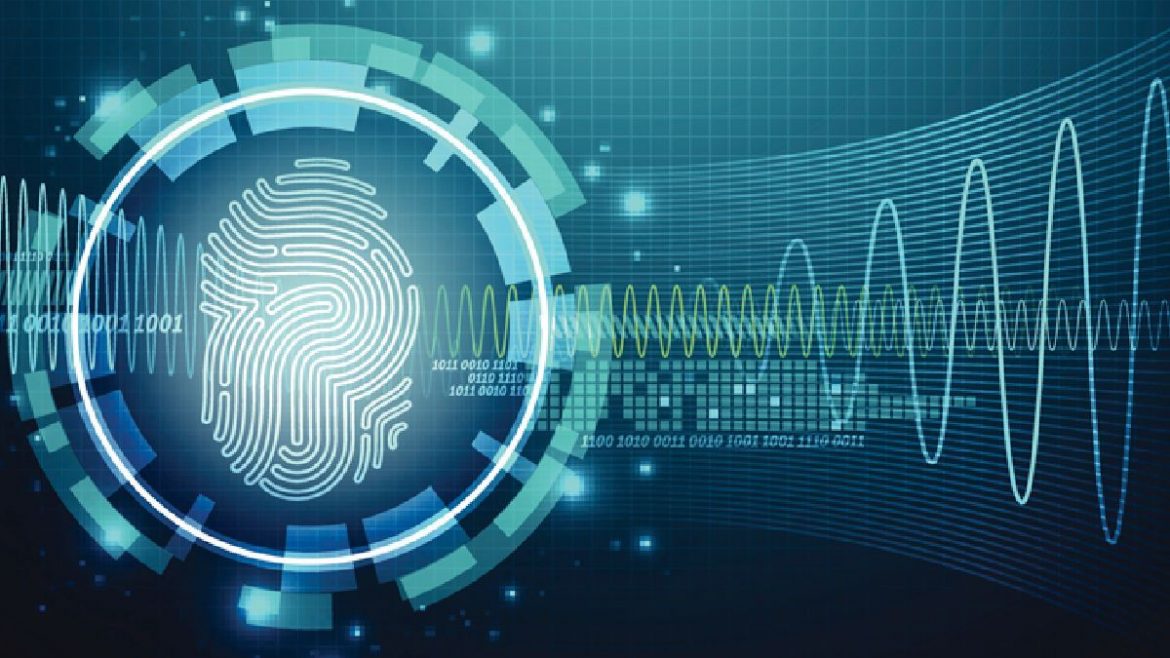In 2019 we are facing the looming crisis of identity management at large. There was a recent security breach on Binance where hackers posted KYC documents of tens of thousands of traders to a Telegram group. The victims of this attack now face the possibility of identity theft. Instances like this highlight the importance of Identity Management in user-centric digital services and on platforms like cryptocurrency exchanges, wallets, and related services. Identity management is an indispensable component for the growth of next-generation services and platforms. A secure, reliable and user-friendly identity management system is fundamental for establishing trust in users.
Blockchain Technology offers a decentralized and secure solution to identity management that is user-centric and functions on a distributed trust model. The existing model of identity management is not scalable or secure. Companies depend on the identification of individuals through government-issued IDs and sharing multiple IDs leads to privacy concerns and data breaches. Blockchain tech offers a solution to this through self-sovereign identity. It assures privacy and trust, and identity documents are secured, verified and endorsed by permissioned participants.
Challenges in the current practice of Identity Management:
- Identity proofs are uploaded and shared on several platforms online regularly. This gives third-parties access to the same without the user’s explicit consent.
- Government institutions like insurance companies and credit agencies are the weakest point in the identity management system as they are most susceptible to hacks.
- Cryptocurrency exchanges associate user’s identity with their wallet addresses and balance, thus making them hot targets to identity theft and loss of digital assets.
- Lack of user awareness and control over personal information.
The use of Blockchain Technology can allow individuals to gain complete control and ownership of their identities and offer a solution to the above challenge by allowing identity as well as access control.
Central Elements of Self Sovereign Identity
The premise of SSI is that the user is the central administrator of identity. For identity management to be truly global, user autonomy is crucial. Interoperability of the users’ identity across multiple platforms and user autonomy are the essential components of SSI.
Key features of identity systems that implement SSI
Persistence: An identity that can be taken away isn’t self-sovereign. Identifiers in a self-sovereign identity system are nearly permanent, non-reusable and owned by the person who creates them. SSI can also be created for organizations and connected things using the same infrastructure.
Peer-based: Sovereignty defines a border within which people have control and outside of which they interact as peers. People form relationships by choice and SSI systems are Peer-to-Peer.
Privacy protection: self-sovereignty puts the person in control of the extent to which information is shared. Consequently, any identity system that doesn’t prevent correlation, minimize attribute disclosure, and provide for explicit consent puts people’s information at risk and removes it from their control.
Portability: SSI implies choice and control. Identifiers and associated credentials must be portable and interoperable to protect choice and control.
Several SSI systems exist in various stages of development including Sovrin, uPort and Veres One. Each of these differs in the presentation of claims. If implemented correctly, SSI systems provide scalable, flexible, private interactions with consent despite the issues introduced by scaling. More importantly, they support natural human activities without threatening the privacy or liberty of people who use them.
Zero-Knowledge proofs
Implementation of SSI introduces the challenge of users sharing and posting things on the internet, without confirming their identity. One of the solutions for the same is zero-knowledge proofs. Zero-knowledge proofs are encryption schemes used to prove that you know something without revealing what it is. For example, you can show without a doubt that you know the answer to a math problem without revealing what the answer is. Zero-knowledge proofs are still relatively new and have a common use-case in cryptocurrencies.
Blockchain is a new frontier of innovation in infrastructure, just like the internet. It has the potential to create a global, fair and inclusive digital economy. Identity Management is a building block for a future in which users are in control of their identity. Blockchain’s features of data decentralization, transparency and trustlessness make it ideal for identity management.

1 comment
[…] Technology […]
Comments are closed.